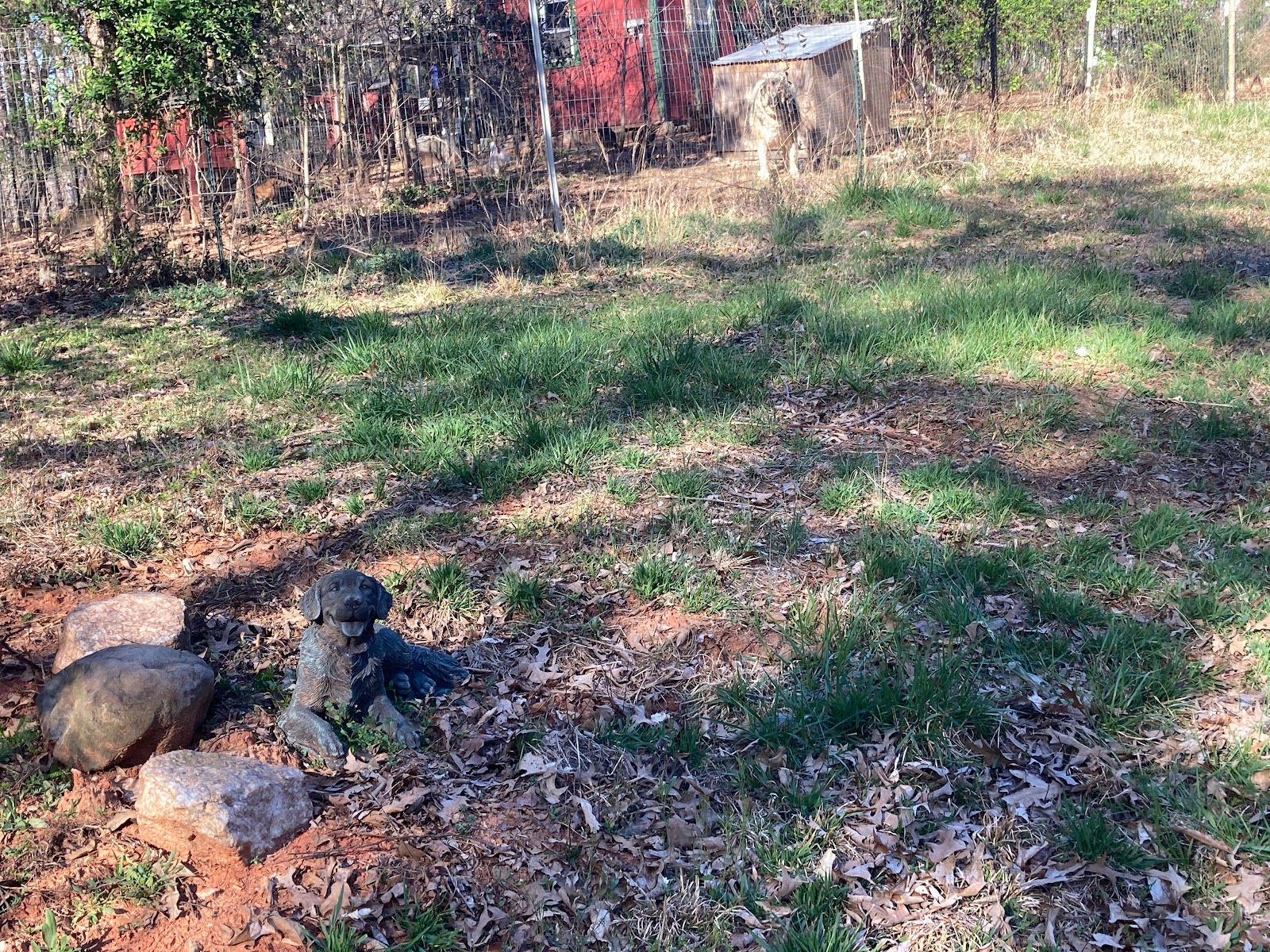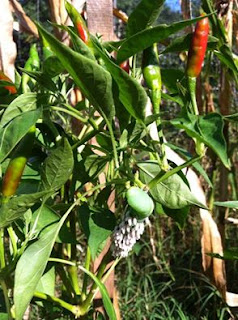How did 40 years go by so fast? I'm approaching the anniversary of leaving the US (I hoped for good).
I loved living in Madrid, if only for a year, but that was so long ago....okay, yesterday. In a quiet neighborhood between Plaza de Cuzco and the once-village of Tetuán, an area that metro Madrid had eaten up in Franco's time, I figured I'd found the best possible combination of quiet repose and urban energy. To quote from a blogger who lived in my old neighborhood 6 years ago, Tetuán remains the right sort of un-hip place that is authentic without being dangerous, as well as affordable since "most of the young international people here in Madrid really want to live closer to the center. They want something 'vibrant' – whatever that means – and full of youngsters like themselves."
I figured Plaza Mayor and Puerta del Sol were only a short metro ride away on the blue line. Our furnished apartment, at $350 US then, was a real bargain. We only had to pay a finder's fee of one month's rent.
Now, in a visit to Baltimore's Little Italy, a neighborhood that recalls my old Madrid haunts, I realize how much life in the country has changed me in just over 12 years. I came north on Amtrak (my way to travel the NE corridor) for the big annual meeting on academic writing, CCCC. Someone not present asked why I didn't stay at the conference hotels. Simply put, the food is awful, the prices high, the scenery 1970s oppressive in a Logan's Run sort of way. Maybe that explains the conference nightmares that I have nearly every week: from burning hotels to drowned rooms with my laptop still inside, to lost directions and meanders around a strange city to find the Hyatt Regency's Crabcake Room.
So now when I go to conferences, I look for lodgings a short walk away, usually in a traditional B&B that costs less than the conference monolith. I don't really care for Airbnb or Vrbo unless I'm somewhere longer-term, so I can prepare some food. Going to a supermarket in another country is an unalloyed joy to me. I had a great Vrbo experience that way in Fredericton, NB last year but a recent short-term stay in Winchester, VA, made me want to run back to a classic downtown hotel with a martini bar or old-school, owner-occupied B&B.
Baltimore's Little Italy seems my sort of spot. It's a short stroll to the dreary presentation rooms and throngs of professionals still on the rise who need to network. I'm semi-retired and so past all that. I met a few old friends for a drink in a boring and overpriced hotel bar, then left for something more authentically local but not twee or tarted-up. The hipsters with the parents' money or swank jobs are all in Fells Point; it's lovely but curated in a way that bothers me. On the other hand, north of the harbor, parts of Baltimore get sketchy fast. That too reminds me of certain neighborhoods not far from where I once lived in the Spanish capital, or for that matter, the block in Richmond where I grew up; the joke in the early 70s was "who beat you up today?"
These days I don't really want hip, curated, sketchy, or blue-collar urban. I don't want "busy" at all anymore. Traffic noise wakes me after living so long in a rural place. But more profoundly, it's the nature of how transient things are in a city, apart from preserved historic buildings.
Walking by myself on a rainy Baltimore day, the wind trying to destroy my umbrella and my pants cuffs getting soaked, reveals something I don't see when the sky is French blue and the colors in window-boxes call to me.
In a city, even one where we have friends, we really are loners. Erasure of our lives lies never far away; once we are gone, our apartments will be occupied by someone else, our belongings not taken along scattered. I recall our final day in Madrid, leaving our apartment; we had piled by the curbing things we could not foist off on friends. Manolo, the building supervisor who really never seemed to like us much, did come out with a rare smile to say goodbye. He was inscrutable, but that day he seemed happy, maybe because the young and pesky Americans were finally going home.
An old Roma man with a horse-cart came along at first light a few times a week, to gather the sorts of things we abandoned. Soon our passage would be erased, like a busboy clearing a restaurant table.
You won't see old men with horse-carts in Baltimore, but the vibe is the same. You move on and it's as though you never existed. Little Italy, though charming, is not really the tightknit ethnic place it was half a century back, when children of immigrants lived there and talked to neighbors on the front stoops, as in a Barry Levenson film. The restaurants are still superb and folks friendly in businesses there and on Federal Hill. I went back to Byblos, an excellent Lebanese place I'd visited before, where my "cousin" Sami the owner recalled me, my wife, and two students who had visited him the last time. But the sense of impermanence still hung in the air as surely as over any cul-de-sac suburb. The architecture and patina of history make a cityscape more interesting, but turn a corner and you find a tragically ugly new high-rise that has erased a block of old houses and stores.
One gets erased in the country, too. Even if you have a large family with children, in a generation or two you will simply be a name and a fading photo on the wall, whatever your legacy of genetics or property.
Maybe that's why it's healthy to visit a big town once in a awhile. I know rural folk near me in Goochland County, often older people, who have not been to downtown Richmond in decades. They still think it a crime-ridden, run-down place. It's not. But if they were to visit the hipsterific areas downtown, it might be worse than confirming old prejudices.
They'd see how quickly life moves on without us. They do miss the innumerable charms of city life: great museums, galleries, urban walks, live music, bespoke and funky-downmarket dining options.
Yet I can still get that, plus a sense of ennui over time's passing, during a short urban visit. The woods beyond our garden? Those are not eternal, but they provide a different scale of time that stretches beyond our little lives.























